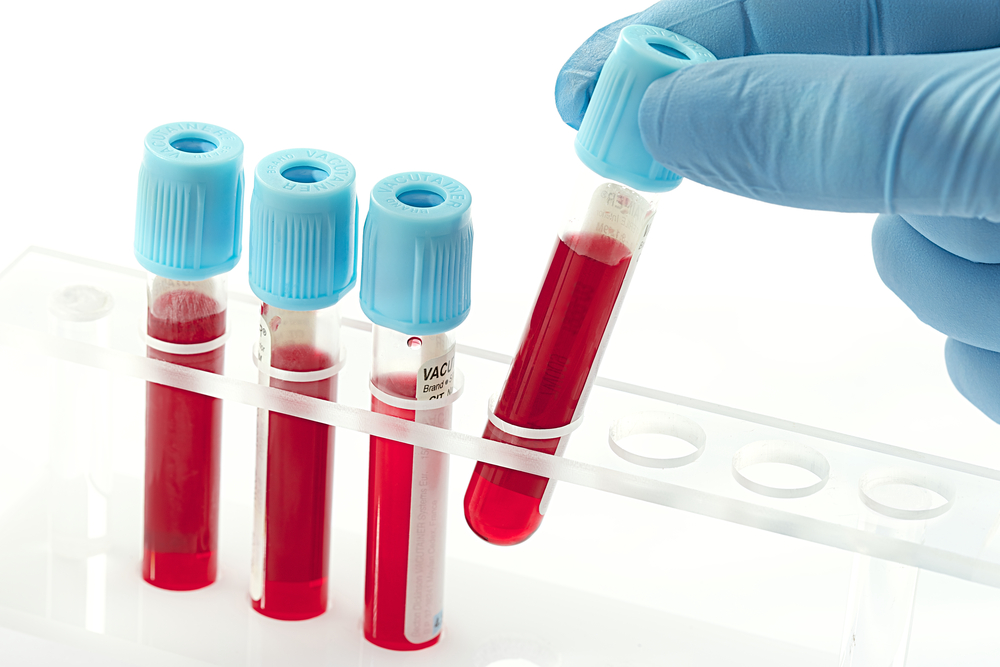Autoantibodies Not Associated With Death in SSc-PAH Patients

A variety of biomarkers are elevated in the serum of patients with systemic sclerosis-pulmonary arterial hypertension (SSc-PAH). Researchers have mostly been studying these markers to determine if they can be used to help diagnose SSc-PAH or if they can serve as targets for new treatments. Alternatively, a study from Northwestern University Feinberg School of Medicine in Chicago recently tested to see if biomarkers can be used to predict survival of patients with SSc-PAH. They determined that anticentromere and nucleolar autoantibodies — the two most common SSc-PAH-associated autoantibodies — could not predict survival in the tested cohort of patients.
“Anticentromere and [nucleolar] autoantibodies are prevalent in SSc-PAH patients,” stated the authors in the study published in Seminars in Arthritis & Rheumatism entitled, “Survival in Systemic Sclerosis–Pulmonary Arterial Hypertension by Serum Autoantibody Status in the Pulmonary Hypertension Assessment and Recognition of Outcomes in Scleroderma (PHAROS) Registry.” Therefore, the authors were interested in analyzing the collected data from the registry that listed patient autoantibody levels and survival.
Analyzing the data, the researchers noted that 162 patients in the registry who had SSc-PAH also had serum autoantibody and survival information. The most common autoantibody in patient serum was anticentromere (37%), while nucleolar was less common (24%). Following these two autoantibodies, random other autoantibodies were also common in patients (17%), while other patients tested positive for anti-topoisomerase/Scl-70 (7%), RNA polymerase III (6%), or U1RNP (5%).
In all, 20% of the subjects died over the follow-up period of 2.1 years after antibody testing. The researchers were able to predict the one- and three-year survival estimates for each group of patients who showed one of the autoantibodies. There were no statistically significant associations made between risk of death and type of autoantibody present in patient serum.
According to Dr. Virginia Steen at Georgetown University, the PHAROS registry is an important study of patients with SSc who are likely to develop PAH. As the coordinator of the study, Dr. Steen is interested in identifying patients at high risk for PAH due to abnormal pulmonary function tests or echocardiograms. Patients in the registry are tested by the study investigator each year and fill out a questionnaire twice a year. It is hoped that studies such as these can help enhance the diagnostic and prognostic capabilities used to aid patients with SSc-PAH.







